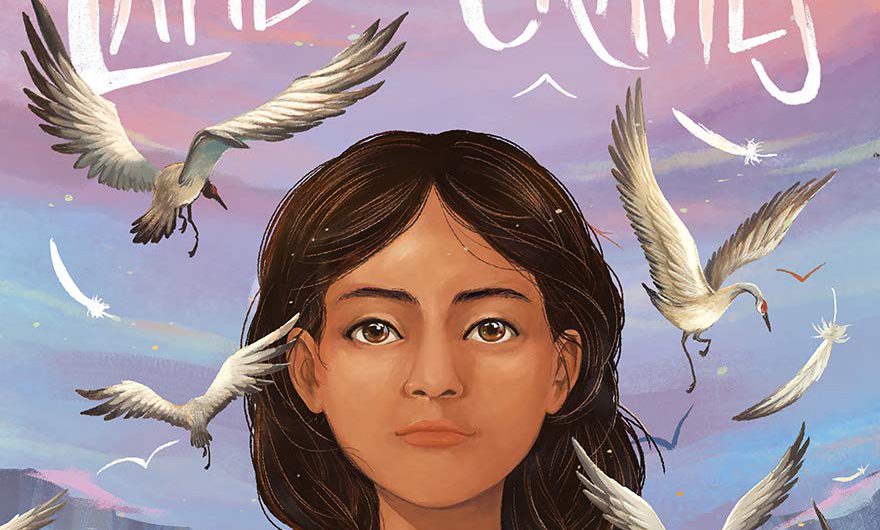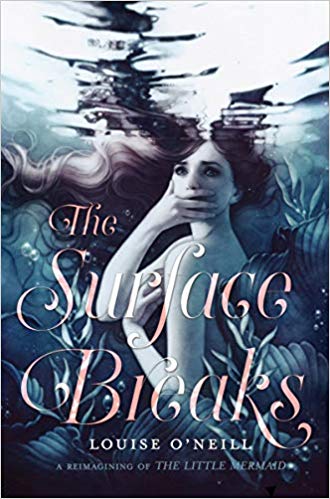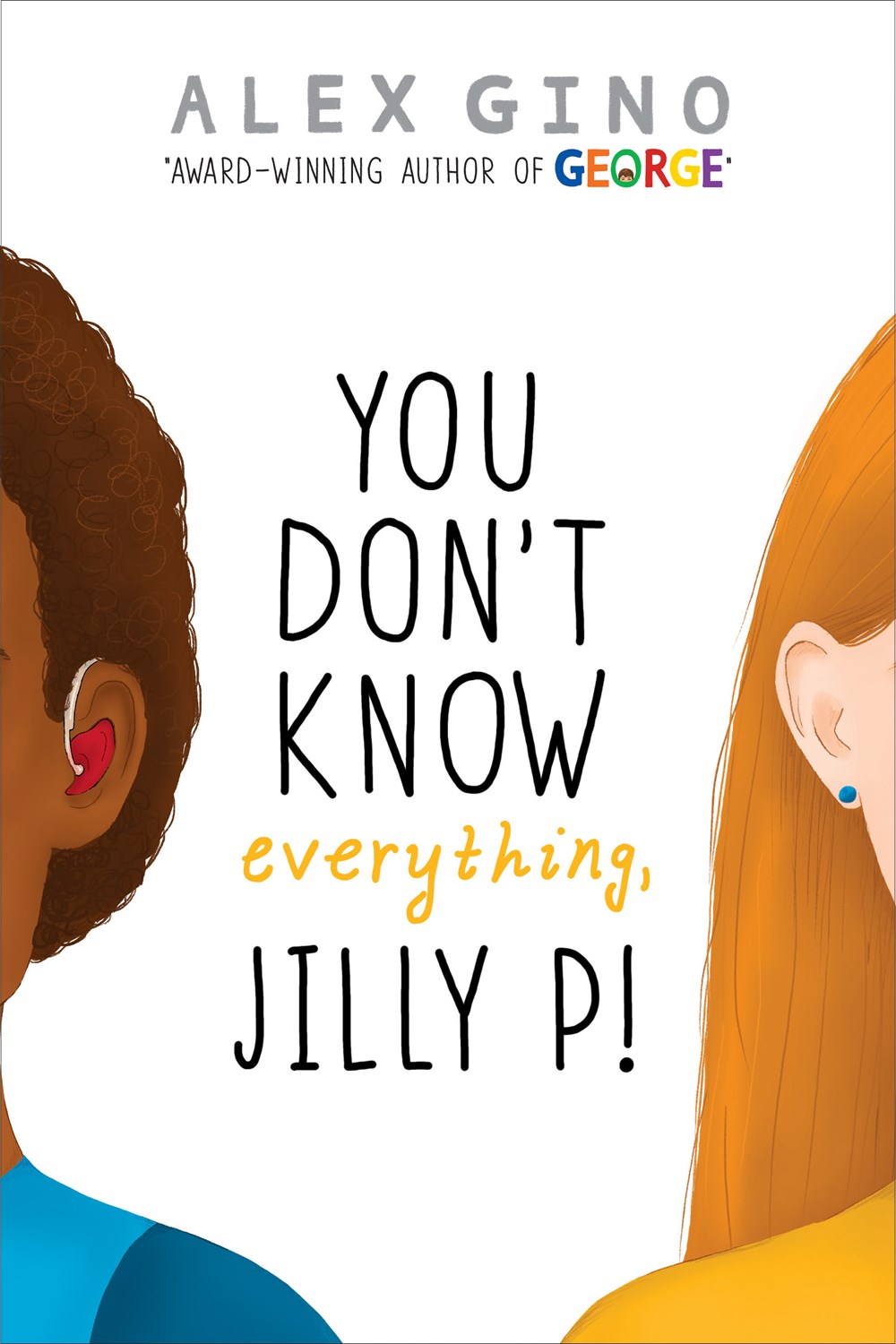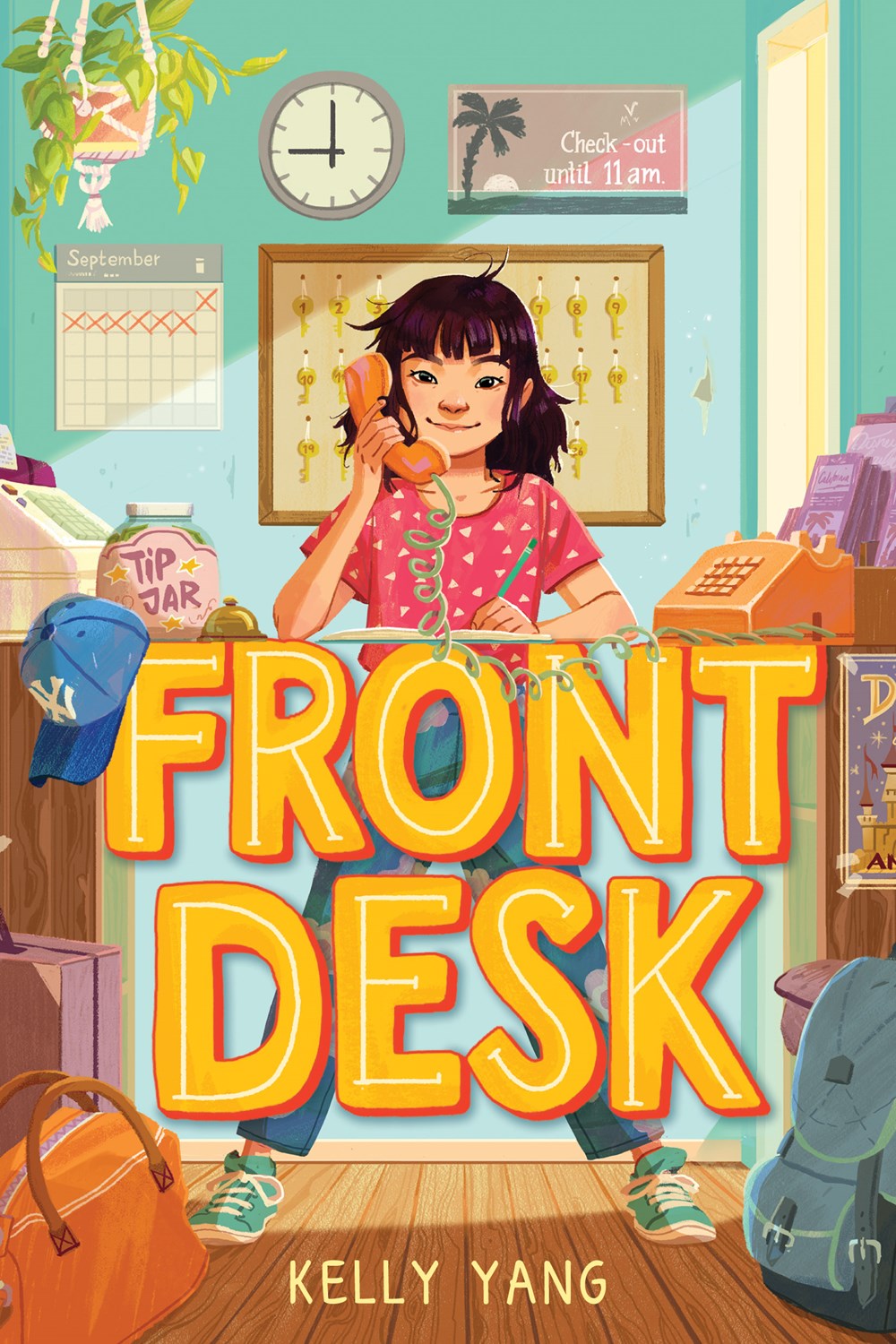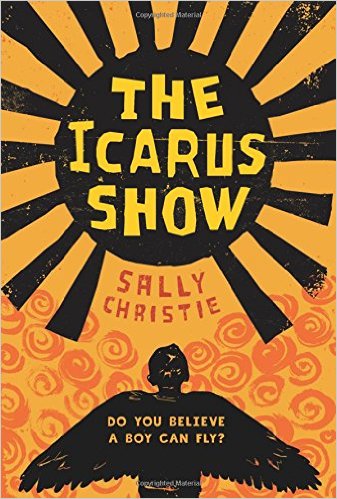Land of the Cranes by Aida Salazar
Betita is a nine-year-old girl with a loving family in modern-day America. She enjoys learning new words, spelling, drawing, and playing with other kids her age. What appears to be a rather normal life quickly begins to unravel into fear and uncertainty when her Papi doesn’t pick her up after school one day. After failing to reach her father, the principal drives Betita home. While her mother tries to hide her worry, Betita knows something is wrong, and she soon finds out that the almost-worst has happened. Her father has been deported, leaving her mother, who is newly pregnant, and Betita to fend for themselvesRead More →

